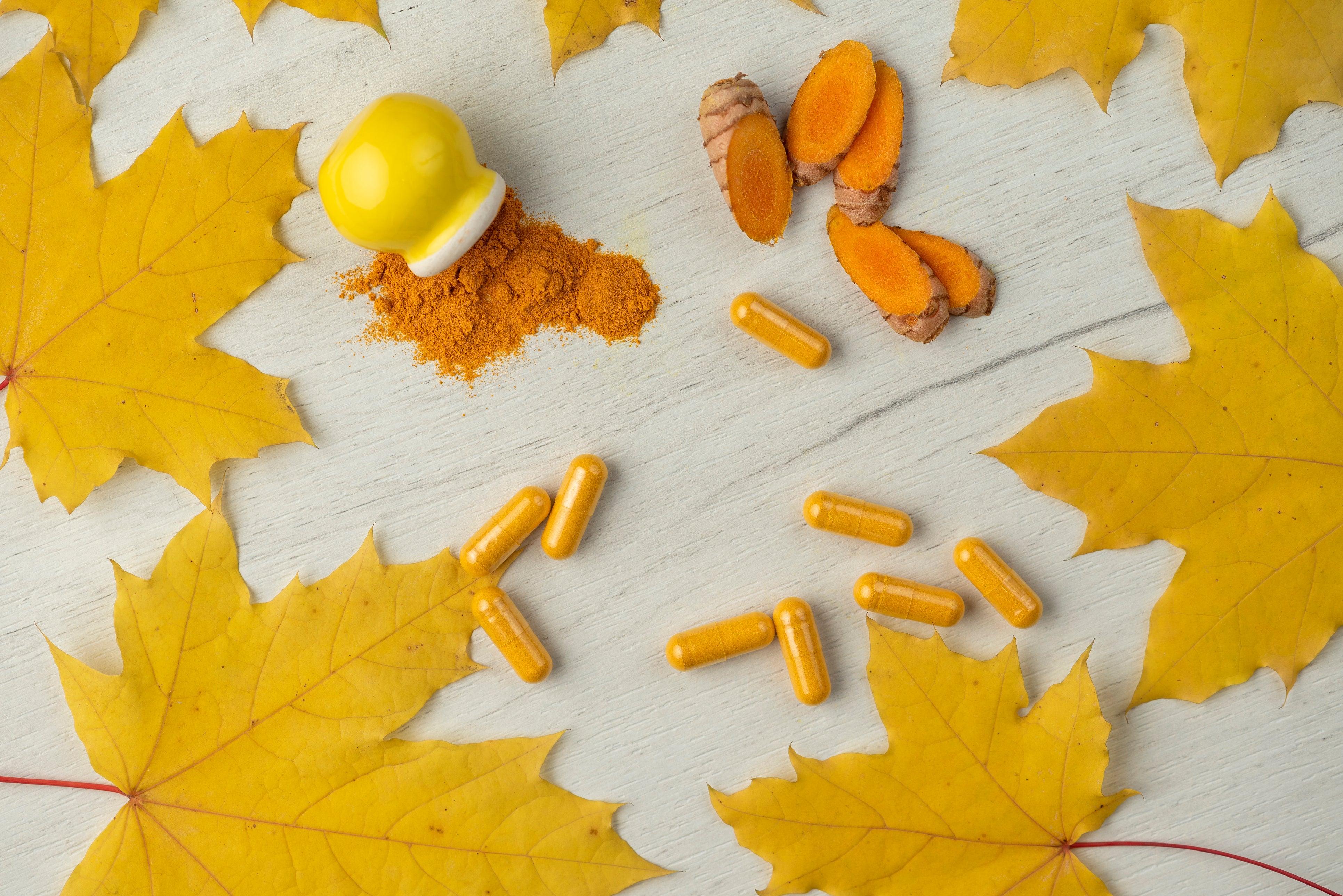was added to your cart
Top Nutrients to Boost Your Immune System for the Colder Months

Top Nutrients to Boost Your Immune System for the Colder Months
Now that the kids are back to school after half-term, you may be feeling a little stressed about keeping yourself and your family healthy. After all, germs are lurking everywhere. They say that starting off on the right foot is half the battle, so let's jump into some ways to boost your immune system, starting with the essential nutrients that you need to protect it.
Vitamin D for immunity
Vitamin D plays an important role in promoting our immune function. Its supercharging effect on our immunity comes from its ability to stimulate the production of infection-fighting proteins, which ward off or kill bacteria and viruses lurking in our bodies.
Benefits of Vitamin D- Boosts innate immunity by stimulating the production of antimicrobial proteins
- Regulates adaptive immunity
- Reduces the risk of respiratory infections
- Enhances the function of immune cells
- Protects against autoimmune diseases

With its impressive list of immunity-boosting benefits, ensuring an adequate intake of Vitamin D is a must, especially as we gear up for the school year. It's a surefire way to keep those pesky school year sniffles at bay!
You and your kids can get a generous dose of vitamin D simply by basking in the sun's glow. However, this becomes challenging during this time of the year with the cooler seasons. That's why the NHS recommends that both adults and children should consider taking a supplement containing 10 mcg per day across the autumn and winter months to help avoid a Vitamin D deficiency.

Although children's menus aren't generally laden with vitamin D-rich foods, you can also introduce your little ones to fatty fish such as trout, salmon, tuna, sardines, and even mushrooms.
And, don't forget fortified foods! Staples like milk, yoghurt, orange juice, and non-dairy milk alternatives (think soy or almond milk) pack in anywhere from 5% to 25% of the recommended daily amount of vitamin D.

It's worth noting that vitamin D, being a fat-soluble vitamin, is absorbed more effectively when consumed with fats. This is a key point to remember when your little ones are tucking into their vitamin D-rich foods. If the food naturally contains fat, like fatty fish or milk, there's no need to worry. However, when a food is low in fat, such as orange juice or certain dairy substitutes, it's a good idea to pair it with a meal that has some fat content.
Zinc to help shorten the duration of a cold
Did you know that zinc, a trace mineral, plays a vital role in supporting your immune system function? This small but mighty mineral boosts our bodies' natural defences and shields our cells from the harmful effects of free radicals. Zinc has even been shown to shorten the duration of a cold when taken as a supplement in various studies.

Curcumin for its anti-inflammatory properties
The bright colour of turmeric comes from curcumin, a compound that provides both the unique shade and its immune-strengthening benefits.
Curcumin has been found to exhibit powerful anti-inflammatory properties that help boost immunity and can stimulate the immune system by adjusting the activation of certain immune cells, including T cells, B cells and macrophages; thereby enhancing the immune response.


If you want to experience the advantages of using turmeric, you can simply include it in your meals or add it directly to milk. However, it's important to keep in mind that turmeric is not easily absorbed in the gut. In fact, more than 90% of it is excreted from the body. To increase the absorption of curcumin, we suggest combining turmeric with black pepper. Studies have shown that black pepper can boost curcumin absorption by more than 2,000%.

Probiotics for a happy gut
Our gut is a bustling hub of bacteria, some beneficial and some not so much. Probiotics step in to tip the scales in favour of the good bacteria.
One of the easiest ways to boost your child's immunity is through their diet. Foods rich in probiotics are particularly beneficial, promoting the growth of healthy bacteria in the gut, an essential component of a robust immune system.

Yoghurt is a great go-to, packed with probiotics and typically well-liked by children. But it's not the only probiotic-rich food available.
Other probiotic-rich foods you could consider:
- Kefir - a tangy, yoghurt-like drink packed with multiple strains of friendly bacteria and yeast.
- Sauerkraut - fermented cabbage, it's not just a hotdog topping, but a good source of probiotics too.
- Pickles - another way to eat your greens and boost your gut health at the same time.
- Miso - this Japanese seasoning is made by fermenting soybeans with salt and a type of fungus known as koji.
Remember, it's not just about adding these foods to your child's diet, but yours too. After all, a healthy parent is better equipped to care for a healthy child.
It's worth mentioning that not all yoghurts and fermented foods are created equal. When shopping, look for items that specifically mention containing live and active cultures to ensure you're getting the immune-boosting benefits. You can also easily get your probiotics in by taking a probiotic supplement, such as our Pro Bio Cultures Complex, containing 60 billion CFU per serving. Plenty to help keep your immune system thriving across the cooler months!


Riya Lakhani-Kanji MSc ANutr is a registered nutritionist and health writer with a special interest in plant-based nutrition. She has completed a Bachelor’s and Master’s degree in Human Nutrition, and has developed a passion for writing about all things plant-based.



